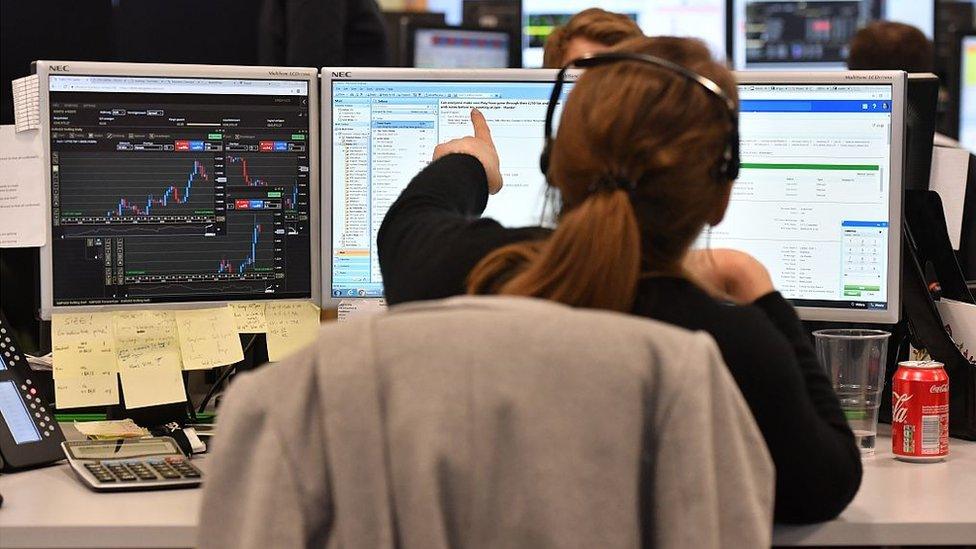JP Morgan boss plans for 'significantly' less office space
- Published

JP Morgan will need "significantly" less office space in coming years, as some staff at the investment bank shift permanently to part-time work at home.
The bank is expected to need just 60 seats per 100 people, boss Jamie Dimon wrote in his annual shareholder letter.
He also warned that the bank is likely to move people out of London and to Europe due to Brexit.
He said Europe "has had, and will continue to have, the upper hand" in Brexit negotiations.
How many move out of the UK depends on still unresolved questions in those talks about how financial services will operate, he said.
"We may reach a tipping point many years out when it may make sense to move all functions that service Europe out of the United Kingdom and into continental Europe," Mr Dimon said.
In the letter, he warned that the split from Europe will hurt the UK's economic prospects in the years ahead.
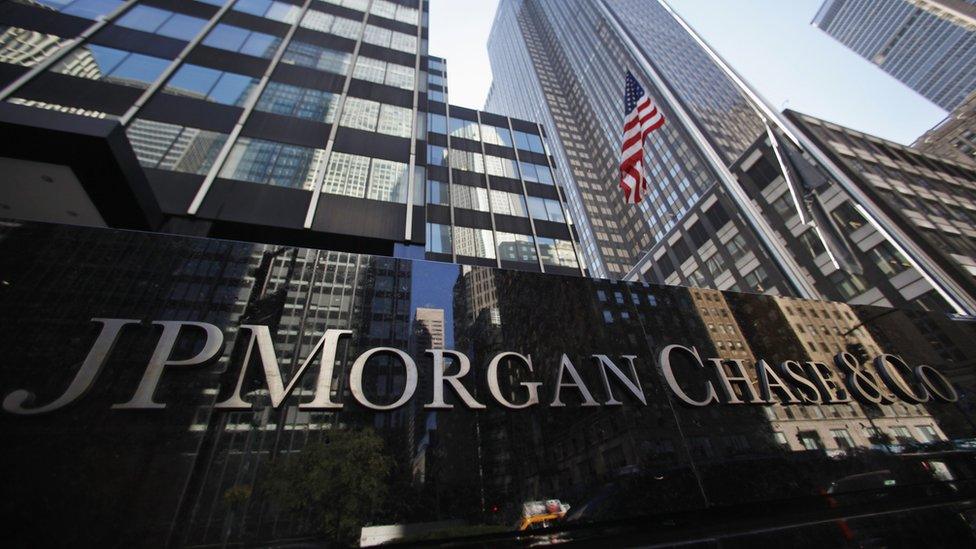
Jamie Dimon said JP Morgan still planned a new headquarters in New York City but would fit more staff into the same space
"Brexit was accomplished, but many issues still need to be negotiated. And in those negotiations, Europe has had, and will continue to have, the upper hand, " he said.
"In the short run (ie, the next few years), this cannot possibly be a positive for the United Kingdom's GDP."
His outlook for the UK contrasted with his forecast for the US, where he said a "boom" could run through 2023.
'Fraying American Dream'
Mr Dimon said the growth in the US would come from the government's spending plans - which have included trillions of dollars in emergency virus aid - as well as "euphoria" about the end of the pandemic, backed by savings families have built up during lockdowns.
"The permanent effect of this boom will be fully known only when we see the quality, effectiveness and sustainability of the infrastructure and other government investments," he said.
At the same time, he said the US was in need of major changes to address its widening income inequality, which he blamed for driving populist political movements on the left and right.
He called for raising the minimum wage, increasing taxes on the wealthy and eliminating tax breaks that benefit private equity firms, race cars and private jets.
The US should also invest in "modernising" the country's infrastructure and introduce a carbon tax to help tackle climate change, he said.
"Many of our citizens are unsettled, and the fault line for all this discord is a fraying American dream - the enormous wealth of our country is accruing to the very few. In other words, the fault line is inequality," he said.
Rise of shadow banks
The 66-page letter from the head of America's biggest bank ranged widely, touching on issues from healthcare to job training.
It comes as President Joe Biden is pushing a roughly $2tn spending plan that would expand investment in climate and technology research and direct billions to improve healthcare and upgrade the country's infrastructure, including internet.
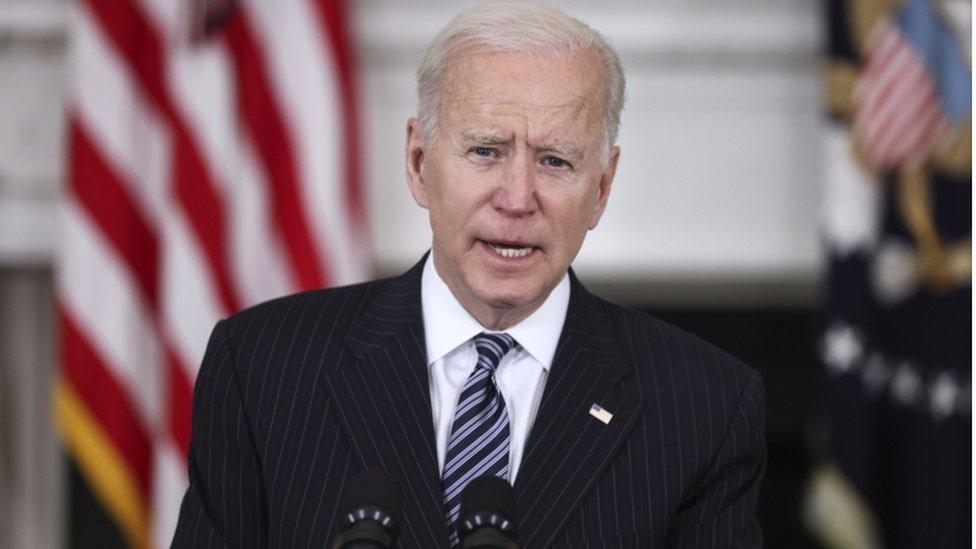
Mr Dimon said the US corporate tax rate, which Joe Biden wants to increase, should remain "globally competitive"
Mr Biden wants to raise the corporate tax rate to 28% from 21% to help pay for the investments.
Mr Dimon did not directly address that proposal but warned in the letter that taxing businesses reduces growth and the US should remain "globally competitive".
On the question of remote work, he said he expected "many" staff to return to office locations fulltime, with "some" working under a hybrid model.
About 10% of employees - in "very specific roles" - may be allowed to work from home completely, he said.
His comments are in line with many other bank bosses, such as Goldman Sachs chief David Solomon who has said he is eager to see people return to the office.
Mr Dimon also warned that players such as Amazon, Walmart and tech firms are increasingly competing with the bank, drawing more activity out of the traditional financial sector.
"While it is not clear that the rise in nonbanks and shadow banking has reached the point of systemic risk, this trend is accelerating and needs to be assiduously monitored, which we do regularly as part of our own business," he said.
Related topics
- Published6 April 2021
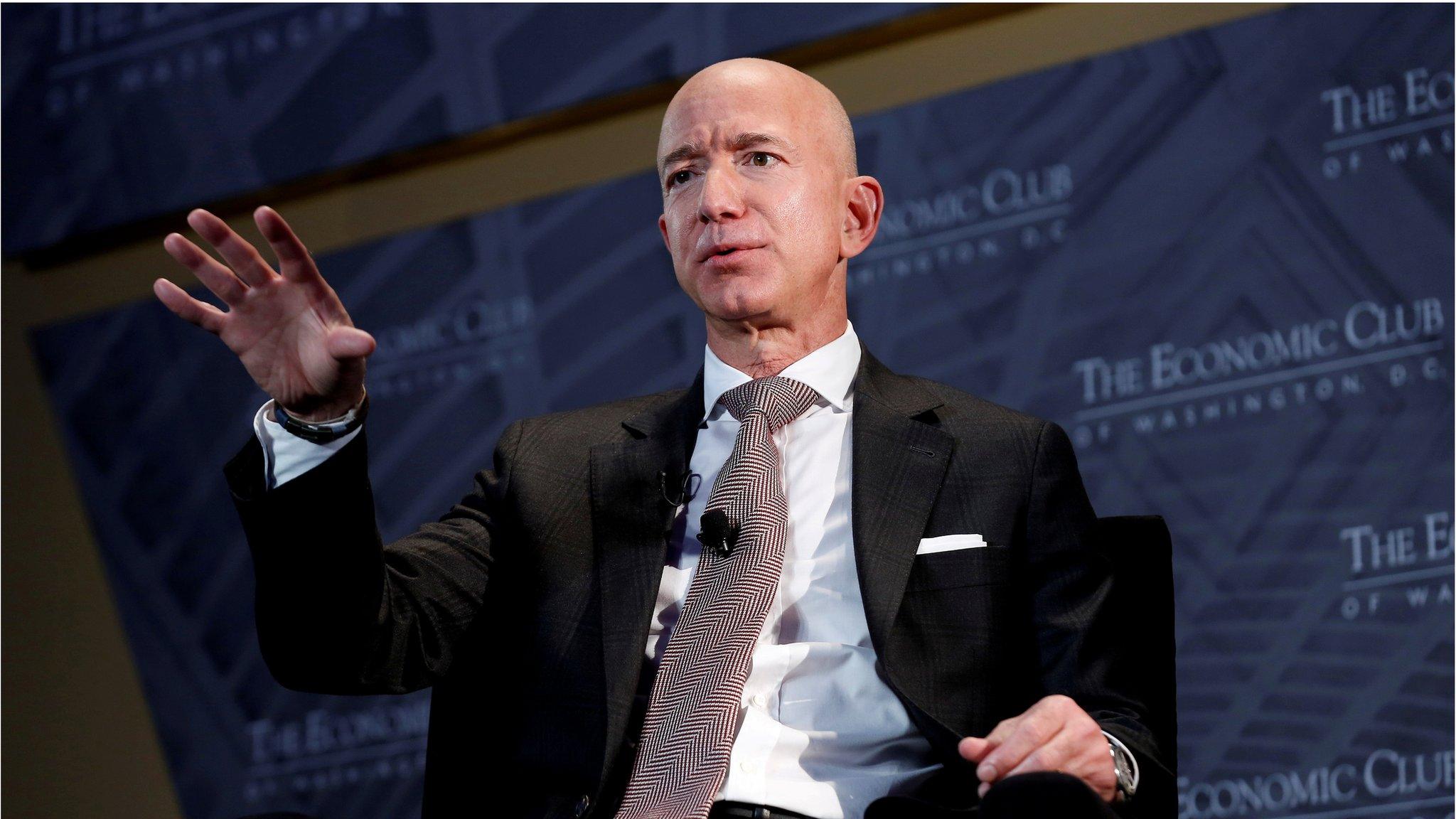
- Published26 March 2021
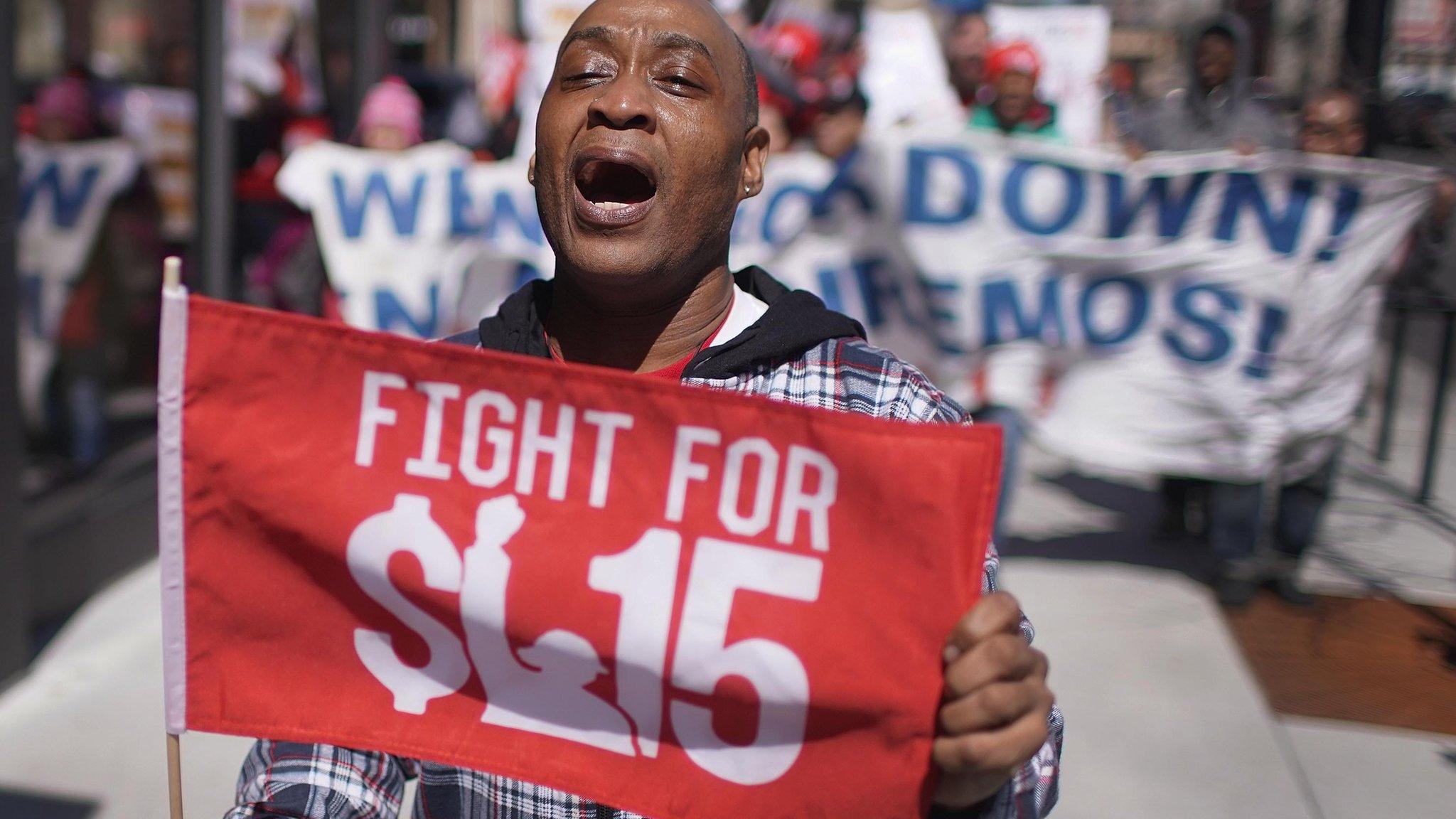
- Published25 February 2021
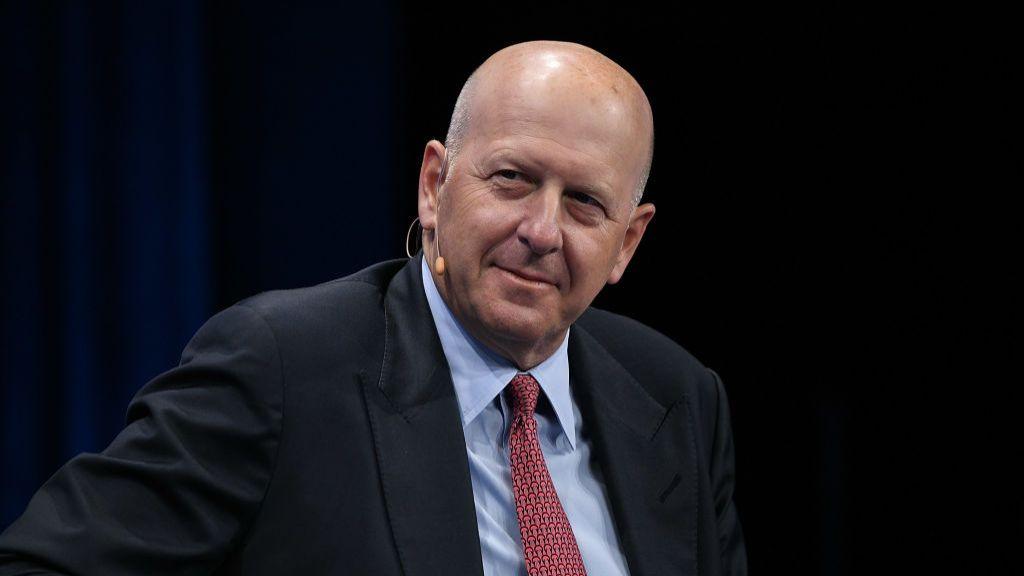
- Published11 February 2021
